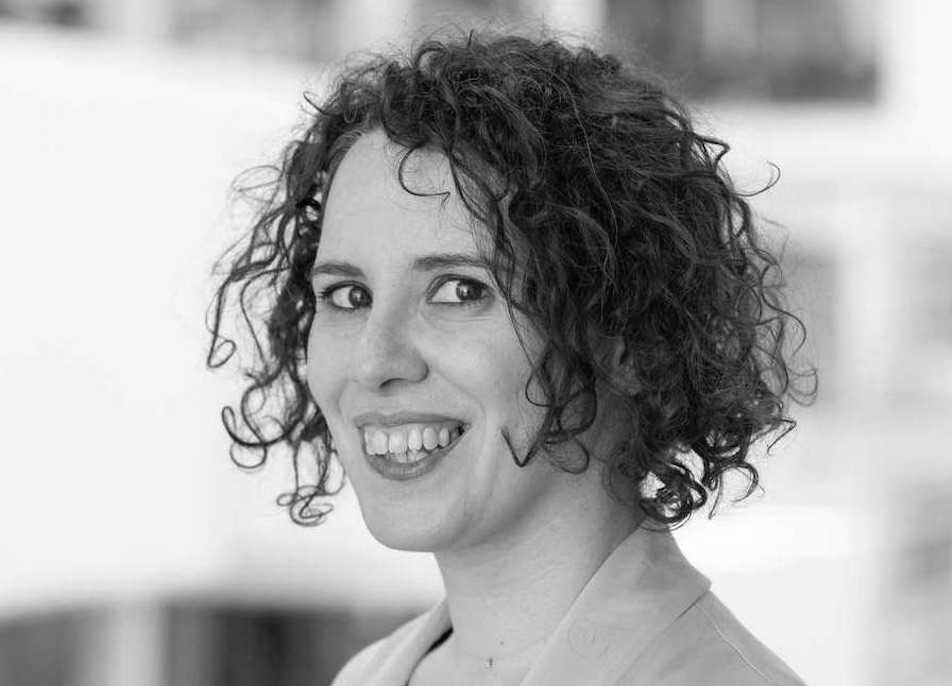News
New EU-funded project will explore how AI shapes scientific knowledge
Date
This post is based on an article from the Center for Social Data Science (SODAS) at the University of Copenhagen.
Professor Roberta Sinatra, co-lead of the Network and Graphs Collaboratory in the Pioneer Centre for AI (P1), has secured a €2 million grant from the European Research Council for her project, ‘Quantifying AI-infused Science.’ The project aims to understand how artificial intelligence (AI) impacts the production and communication of scientific knowledge.
The project will be based at the Copenhagen Centre for Social Data Science (SODAS) and the Pioneer Centre for AI (P1), is positioned as a strategic partner. Together with her future project team, project leader Roberta Sinatra will investigate differences between AI-generated and human scientific writing, exploring patterns, biases, and potential challenges or improvements introduced by AI.
The project aims to provide a clearer understanding of the consequences of AI-infused science using a variety of methodological approaches. A cornerstone will be to train AI to write thousands of literature reviews and scientific paper abstracts by feeding AI models with topics and keywords found in existing scientific papers written by humans and comparing them with human-authored counterparts. This approach enables researchers to evaluate how AI models handle diverse scientific topics and questions in comparison to humans. Additionally, it offers insights into how AI navigates the social aspects of scientific writing.
With the fast-paced development of AI, the project represents a unique opportunity to compare knowledge produced by humans with that generated by AI, offering insights into the evolving landscape of scientific knowledge production.
“Development is moving so fast at the moment. But right now, we have a window of opportunity where we can compare the knowledge produced by humans with the work of AI. Ultimately, the aim of the project is to give us all a much clearer picture of the new and unexpected consequences of AI-infused science”, says Roberta Sinatra in an article from the Center for Social Data Science (SODAS) website.
About the project
The project ‘Quantifying AI-infused Science’ (scAIence) is supported by a €1,999,591 Consolidator Grant from the European Research Council (ERC).
The aim of scAIence is to quantify whether, how and with what effects generative AI is changing the way scientists write, communicate, perceive and disseminate science, and to explore the opportunities, threats and other consequences of scientists augmenting their science with AI.
The project will run for five years starting in 2024 and will include three PhD students, three postdocs and one student assistant in addition to the project leader Roberta Sinatra.
